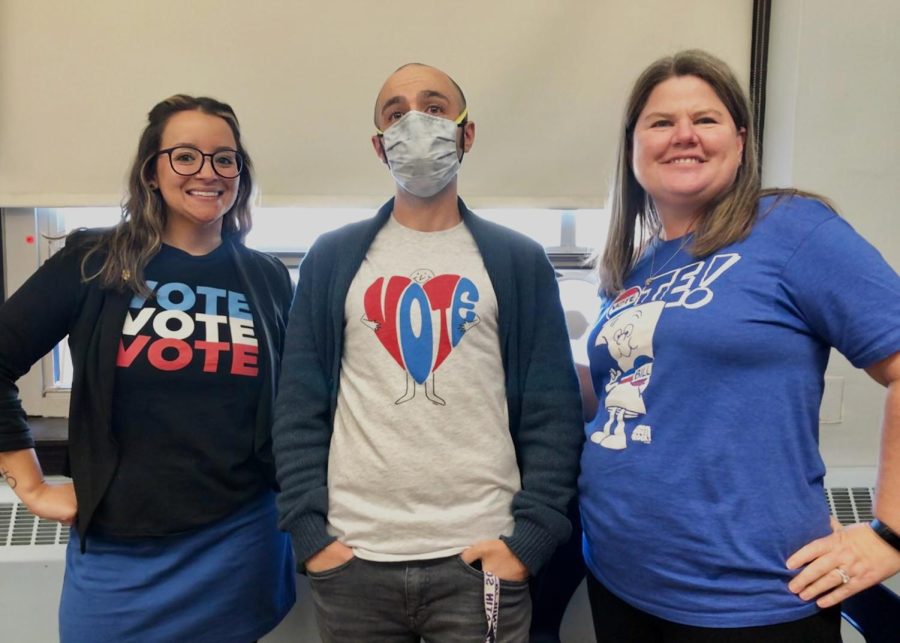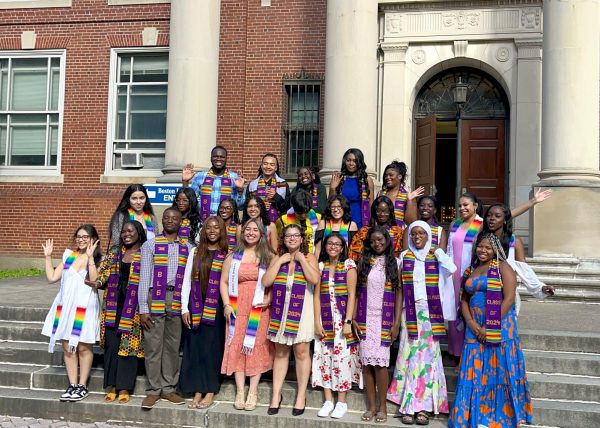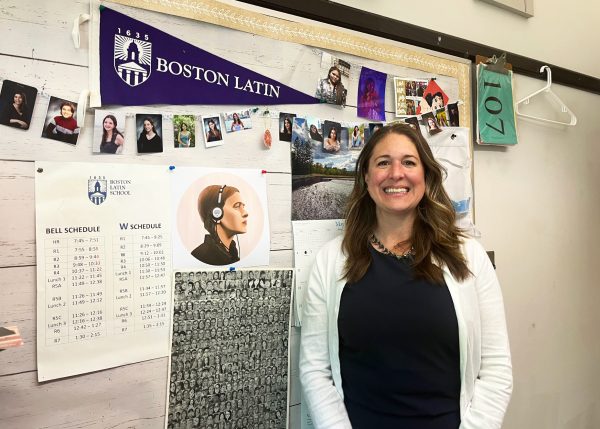Politics as Usual: Massachusetts Midterms
On November 8, Massachusetts residents voted in the state’s Midterm Elections, which included races for governor, attorney general and secretary of state, as well as four ballot questions.
Democrat Maura Healey, the state’s current attorney general, will become the next governor of Massachusetts. Receiving 63.6 percent of the votes, she defeated her Republican opponent, Geoff Diehl, becoming the first woman and first openly lesbian person elected as governor of Massachusetts. Her running mate, Salem mayor Kim Driscoll, will become Lieutenant Governor.
Democrat Andrea Campbell won the election for attorney general against Republican Jay McMahon, with 62.9 percent of the votes. Campbell was previously a Boston City Councilor for District 4, which consists of Dorchester, Mattapan and parts of Roslindale and Jamaica Plain.
In addition to Andrea Campbell’s victory, Diana DiZoglio was elected state auditor while Deb Goldberg was elected state treasurer.
In the race for Secretary of State, incumbent Democrat Bill Galvin defeated his Republican challenger Rayla Campbell, receiving 67.8 percent of the votes.
As expected, Democratic candidates, including MA-7 incumbent Ayanna Pressley, easily swept all nine of the United States’ House of Representatives races in Massachusetts. The state did not have any US Senate races in this cycle.
Overall, the results of the statewide race proved historic for women. Five out of six candidates elected to statewide office were female. Additionally, Healey and Driscoll are the country’s first all-female ticket to win the governorship and lieutenant governorship.
Boston Latin School AP US Government teacher Ms. Meredith Elliott states, “It is very exciting to see more diversity in government. When people with different experiences represent us in government, it brings more diversity in points of view and potential solutions to our problems.”
Aside from the races for the Massachusetts Legislature, there were also four ballot questions this year.
Question 1 asked voters whether or not to impose an additional four percent tax on those with an income over one million dollars, using the proceeds for education, infrastructure and other public services. The measure passed with 52 percent support, showing, as Zoe Fulton (II) says, “that the people of Massachusetts want to see the billionaire class pay their fair share.”
Question 2 asked whether or not to require dental insurers to report medical loss ratios and refund excess premiums to customers if the ratio is less than 83 percent. It passed easily, with 71.4 percent of the votes. Caroline Cedano (I) reflects, “I think it’s good that money is going back to the consumers because dental care should be affordable.”
Question 3 sought to limit the number of alcohol licenses a retailer can hold, prohibit self-checkout alcohol sales and allow the use of out-of-state licenses for alcohol purchases. This measure failed with 55.3 percent of voters against it. Aidan Ormsby (II) adds, “I think there should be less limits on liquor licenses, but [Question 3] is a bit confusing.”
Question 4 asked whether or not to uphold a state law allowing undocumented Massachusetts residents to get drivers’ licenses. It passed with 53.7 percent support. Kaitlyn Ho-Tran (II) says, “If they have passed their road test and have the [license] paperwork, then why not? Clearly, they are safely driving, so why not let them drive?”







